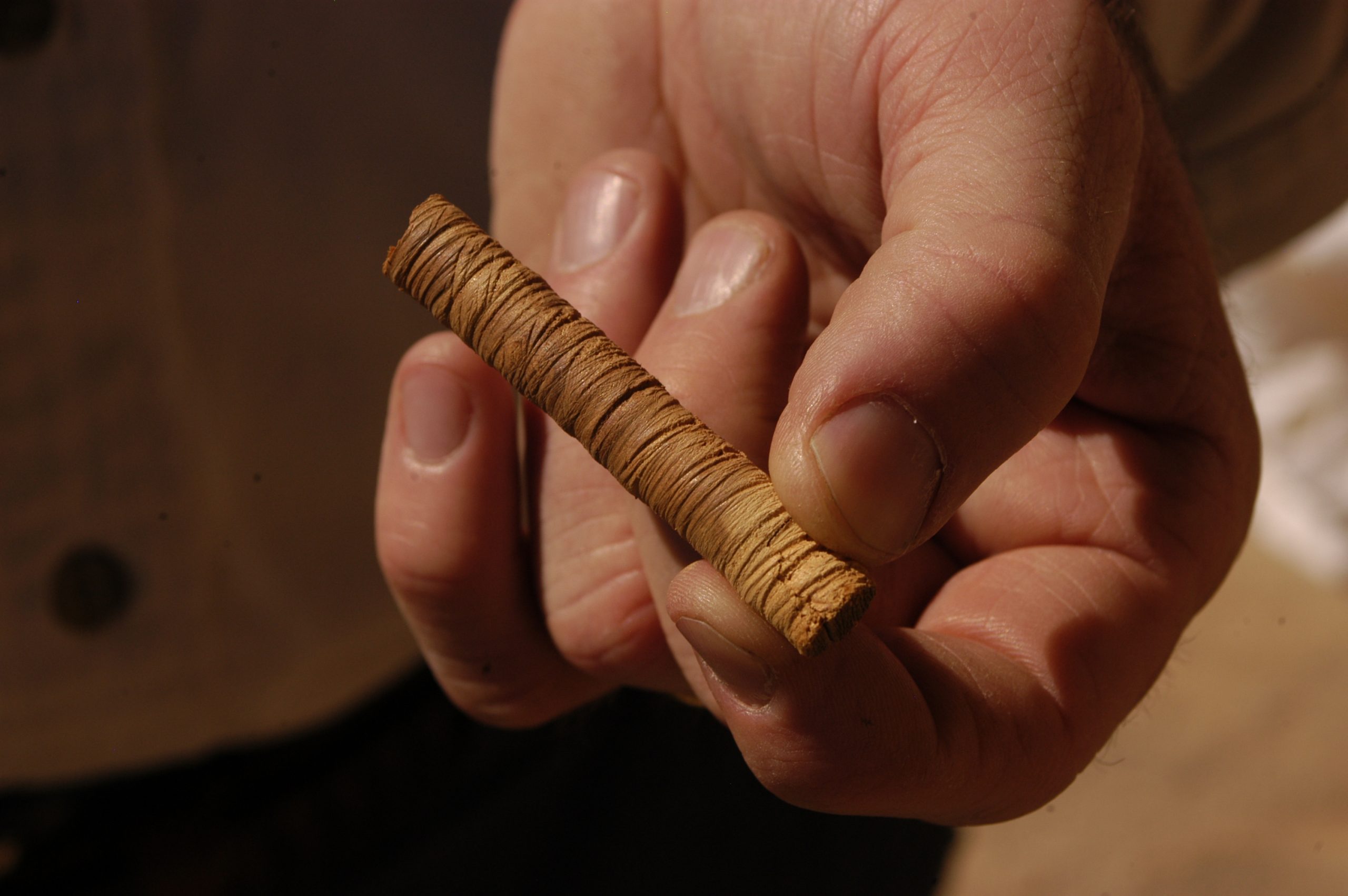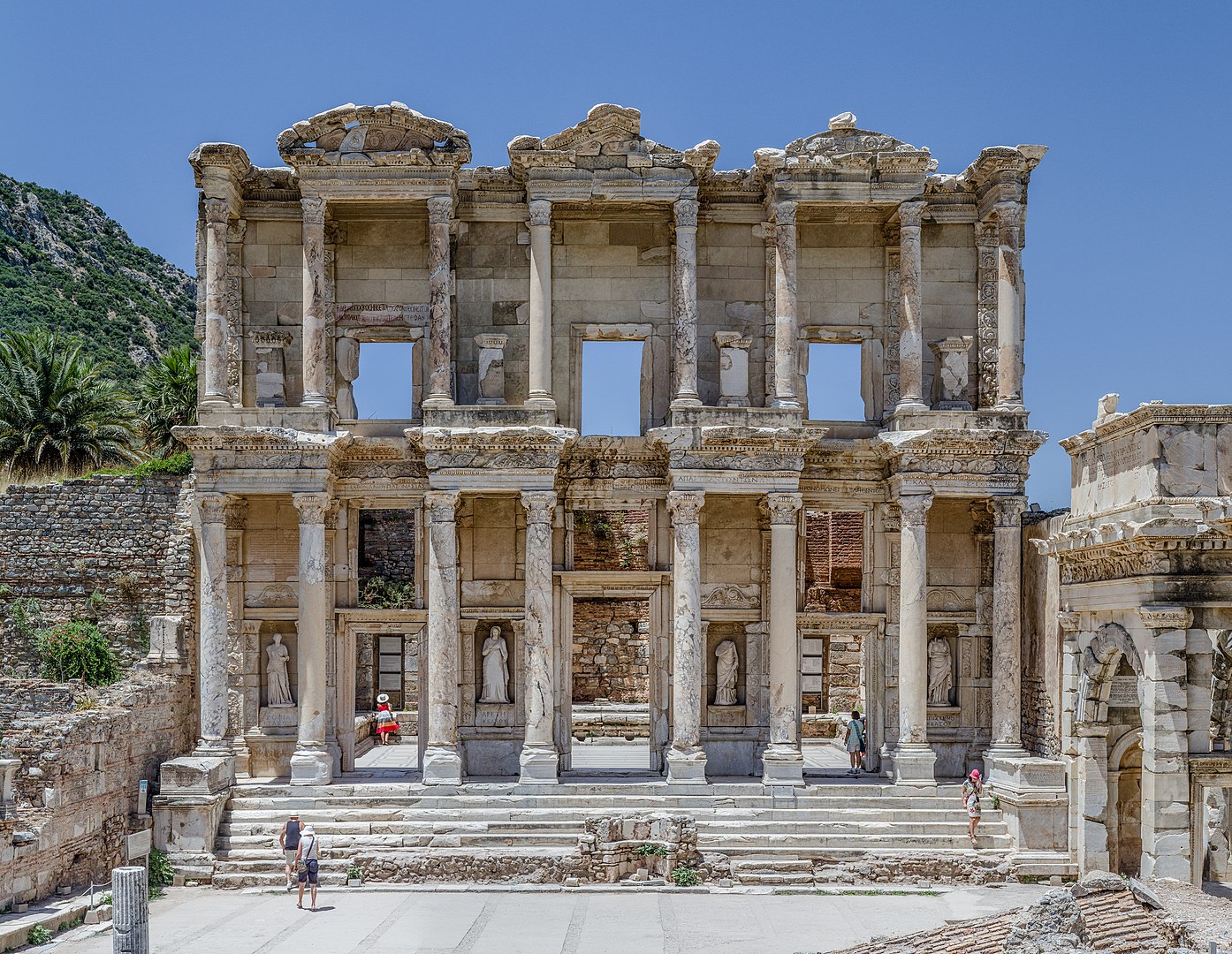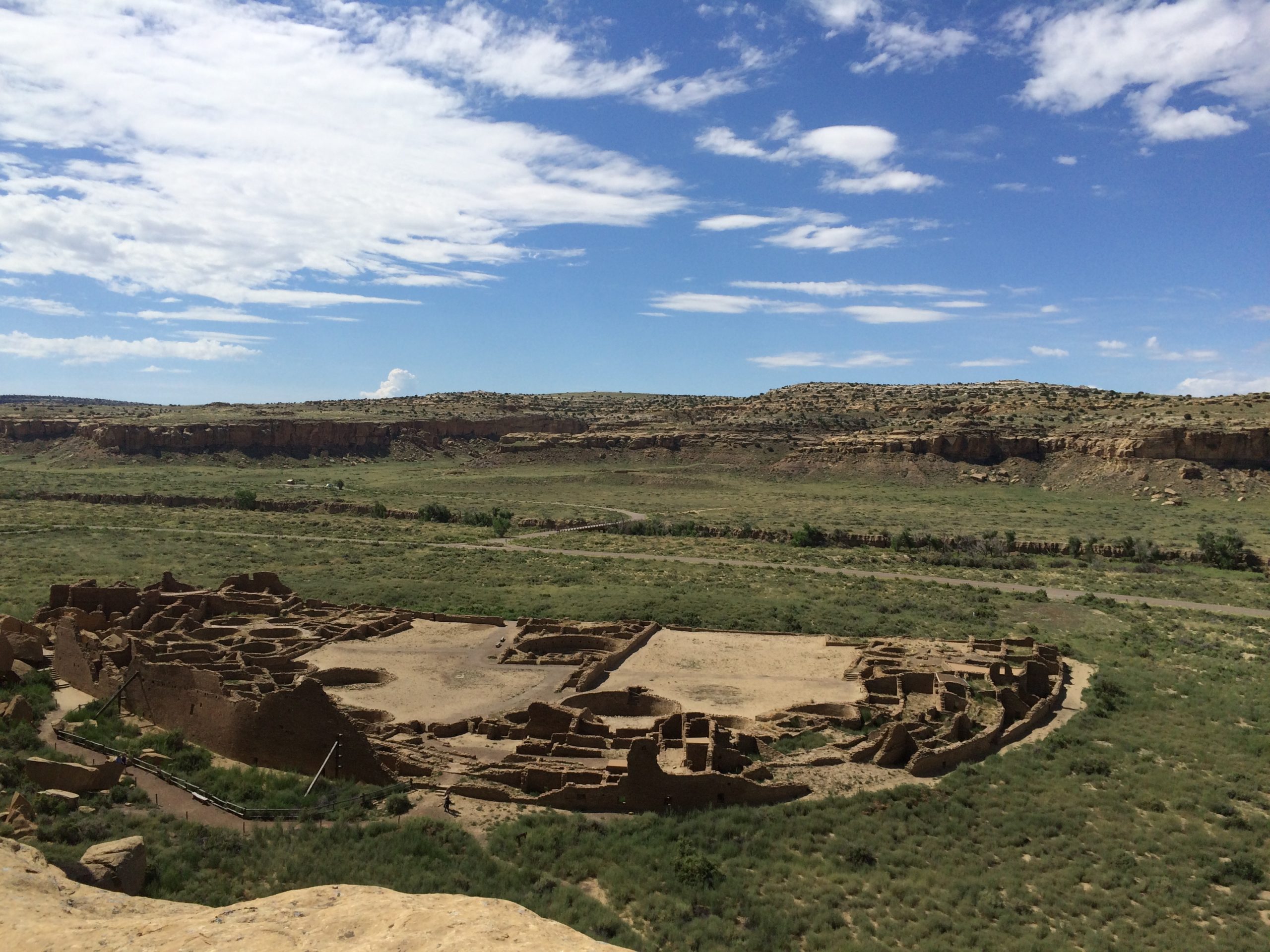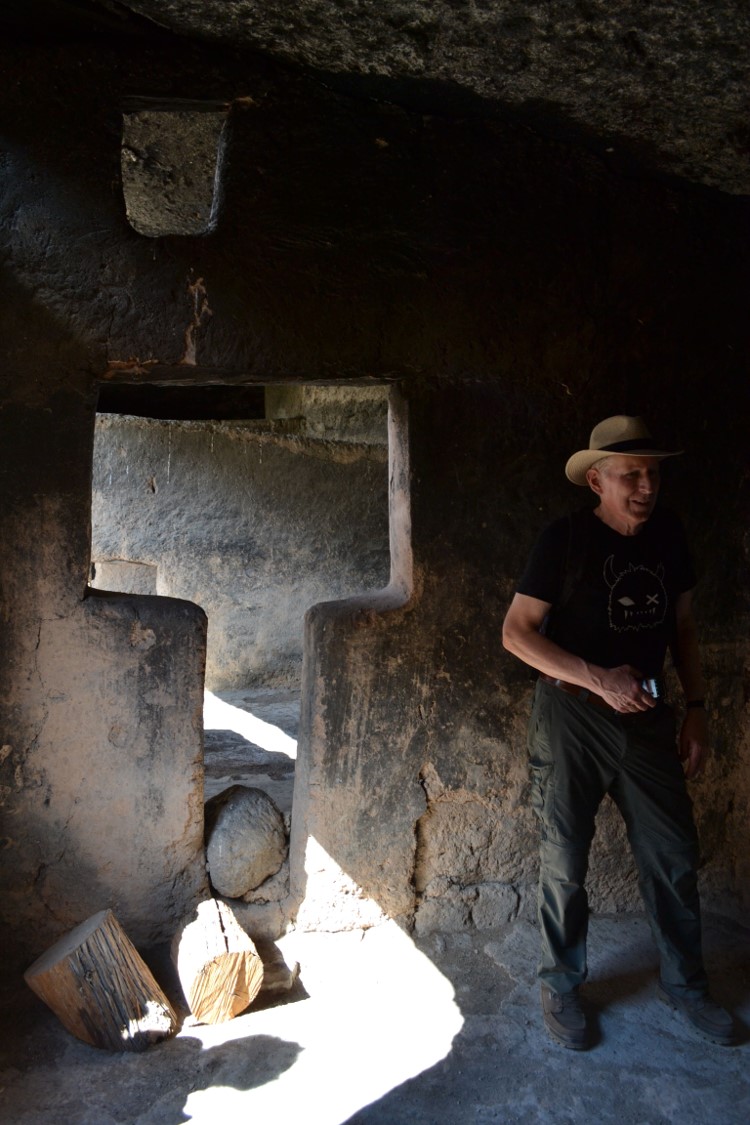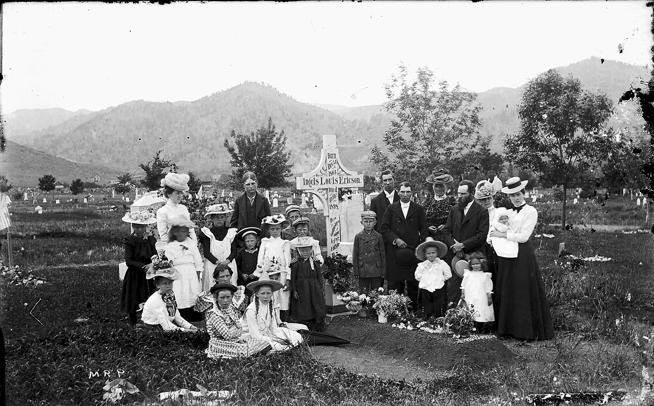Unearthed: Ancient Life in Boulder
CU Museum of Natural History Broadway, Boulder, CO, United StatesThe CU Museum of Natural History and the City of Boulder Open Space and Mountain Parks (OSMP) are teaming up for a rare cultural and educational adventure for the ages: Each educational excursion will start at the CU Museum for a tour of the Unearthed: Ancient Life in Boulder Valley exhibit featuring 83 rare stone […]
